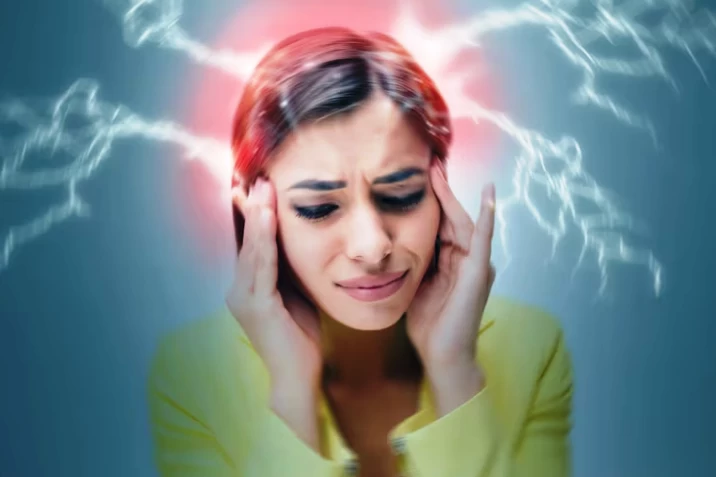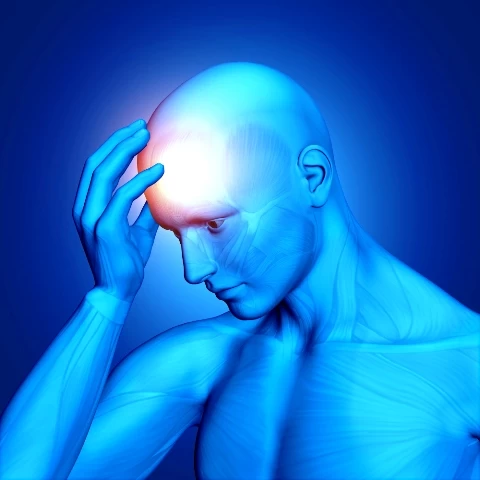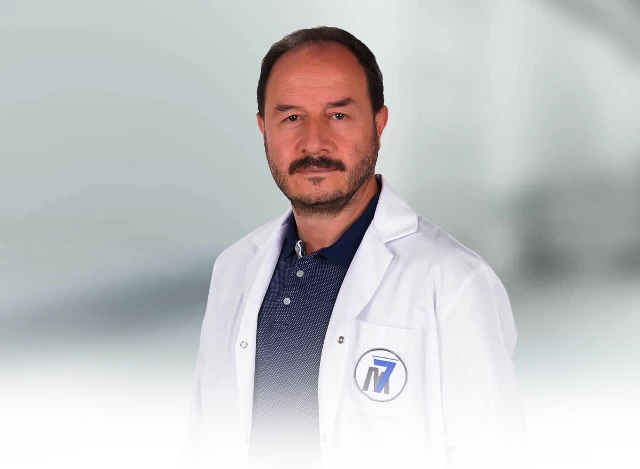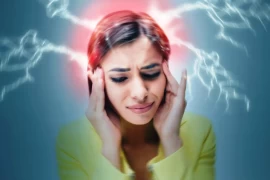
Headache and Migraine
- Headache and Migraine
- What is Headache?
- What is Migraine?
- Similarities and Differences Between Headache and Migraine:
- Treatment Protocol for Headache and Migraine:
Headache is a common complaint often encountered in daily life. However, beyond being a symptom, a headache can also be a sign of a serious neurological disorder, such as migraine. First, it is useful to define these two concepts:
What is Headache?
Headache is discomfort or pain felt in any part of the head. This condition is usually a symptom that can be associated with various different causes. Headaches can generally be mild and temporary, but at times, they can become severe and chronic. Headaches are generally classified into two categories: primary headaches and secondary headaches.
What is Migraine?
Migraine is a neurological disorder that causes recurring headaches, typically characterized by unilateral and pulsatile pain. Migraine is a syndrome that includes various symptoms along with headache and is often accompanied by sensitivity to light, sound, and smells, as well as symptoms like nausea and vomiting.
Similarities and Differences Between Headache and Migraine:
Headache and migraine are both conditions characterized by discomfort or pain in the head region. However, there are significant differences between headache and migraine. Here are the similarities and differences between these two conditions:
Similarities:
- General Symptoms Related to Headache: Both conditions are associated with headache. The pain is generally felt in a specific area of the head, but the types and intensity of headaches can vary depending on the situation.
- Sensitivity: Increased sensitivity to light, sound, or smells can be observed in both headache and migraine conditions.
- Feeling Unwell or Tense: Both headache and migraine can make a person feel generally unwell, tense, or irritable.
Differences:
- Specific Symptoms of Migraine: Migraine often has distinctive features, especially accompanied by neurological symptoms known as aura. Aura may include visual changes, difficulty speaking, or tingling sensations. Symptoms such as nausea and vomiting during a headache are specific to migraine.
- Causes of Headache: Headache is a general term, and it can arise from various different causes. There are different types of headaches, such as tension-type headache, migraine, and cluster headache. Migraine is a specific type of headache and can often be distinguished from other types.
- Triggers: Migraine can be triggered by specific factors, and it is often associated with genetic predisposition, hormonal changes, stress, lack of sleep, and certain foods. Other types of headaches may occur due to different triggers.
- Treatment and Management: The treatment of headache and migraine varies depending on the type and severity. Migraine treatment often involves preventive medications and pain relievers, while different treatment methods may be applied for other types of headaches.
In conclusion, headache is a general term, and migraine is a subset of this term. While there are differences among headache types, both conditions can significantly impact the quality of life, underscoring the importance of accurate diagnosis and treatment.

Treatment Protocol for Headache and Migraine:
The treatment protocol for headache and migraine varies depending on an individual's symptoms, the type and severity of the headache, its frequency, and triggers. Here are general strategies used in the treatment protocol for headache and migraine:
Headache Treatment:
- Medication:
- Pain Relievers: Pain relievers such as paracetamol, ibuprofen, and aspirin can help alleviate mild headaches.
- Triptans: A class of medication recommended for severe headaches.
- Preventive Medications for Migraine: Medications aimed at preventing migraines can be used for individuals experiencing frequent and severe headaches.
- Lifestyle Changes:
- Stress Management: Stress can be a trigger for headaches. Techniques such as yoga, meditation, deep breathing, and biofeedback can be used for stress management.
- Regular Sleep: Adequate and regular sleep can reduce headaches.
- Regular Exercise: Regular exercise can improve blood circulation and reduce headaches.
- Dietary Habits: A healthy and balanced diet can lower the risk of headaches.
- Ergonomics and Posture:
- Correct Posture: Incorrect posture or prolonged periods spent in front of a computer can lead to tension-type headaches. Proper ergonomics and posture are essential.
Migraine Treatment:
- Medication:
- Pain Relievers and Triptans: Used to alleviate migraine attacks.
- Preventive Medications for Migraine: Individuals experiencing frequent and severe migraine attacks may be prescribed medications such as beta-blockers, antidepressants, or antiepileptic drugs.
- Lifestyle Changes:
- Stress Management and Relaxation Techniques: Stress can trigger migraine attacks. Stress management techniques can help prevent migraines.
- Regular Sleep and Nutrition: Establishing regular sleep patterns and maintaining a healthy diet can aid in preventing migraine attacks.
- Coping with Aura: Those experiencing aura symptoms can try relaxing activities to calm down before a migraine attack.
- Tracking and Planning for Migraines: Keeping track of the frequency, severity, and triggers of migraine attacks can help create a plan to prevent or alleviate attacks.
- Avoiding Triggers: Identifying and avoiding factors that trigger migraines is crucial. These triggers may include specific foods, alcohol, stress, and hormonal changes.
In both cases, especially for individuals with severe or frequent headaches, it is important to consult with neurology specialists. This ensures accurate diagnosis, the development of an appropriate treatment plan, and the identification of effective strategies to improve quality of life.
Stay healthy…

Dr. Mustafa Necdet Arı
Neurology Specialist


